Delivering vaccines around the world – UNICEF’s supporters help to protect the most vulnerable in communities from Uganda to Nepal.
Since early 2021, UNICEF’s teams have been working hard to deliver COVID-19 vaccines to healthcare workers and the most vulnerable across the world. Thanks to the incredible support of our donors, we have delivered almost 428 million vaccine doses to low-income countries, helping us reach our goal of ensuring global vaccine equality.
UNICEF has over seventy years of experience in vaccinating children and their families, meaning that we are uniquely qualified to deliver COVID-19 vaccines to those who most need them around the world. Since the start of the pandemic, healthcare and community workers, as well as the most vulnerable, have struggled to protect themselves against the deadly virus. Now, thanks to the generosity of our supporters in Ireland and elsewhere, we are making sure they are protected.
The DRC
In the Democratic Republic of Congo, Jeanne Lusungu, a nurse from Goma in the eastern province of North Kivu, is happy to be part of a team of dedicated staff at the local vaccination centre, working to vaccinate as many people as possible against COVID-19.
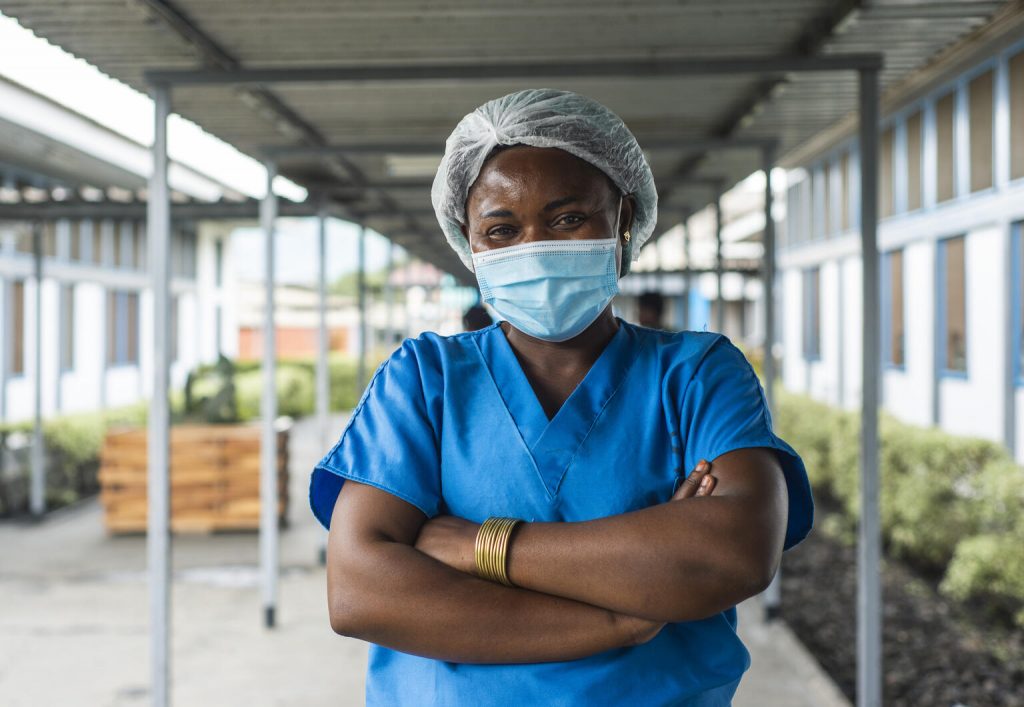
“Since the start of the vaccination campaign supported by COVAX and UNICEF, I have been seconded to the hospital vaccination centre,” explains the 39-year-old nurse.
“I vaccinate dozens of people every day, each time with the certainty of contributing to the protection of my fellow citizens. Working in the medical world is demanding, tiring work, but I believe in the usefulness of what I do.”
As a mother of four children, Jeanne was very worried by COVID-19: “At the start of the pandemic, I left the house, I moved away from the children so as not to infect them. I was really afraid of the coronavirus, but afterwards, I understood that you had to learn to live with it while respecting the barrier measures.”
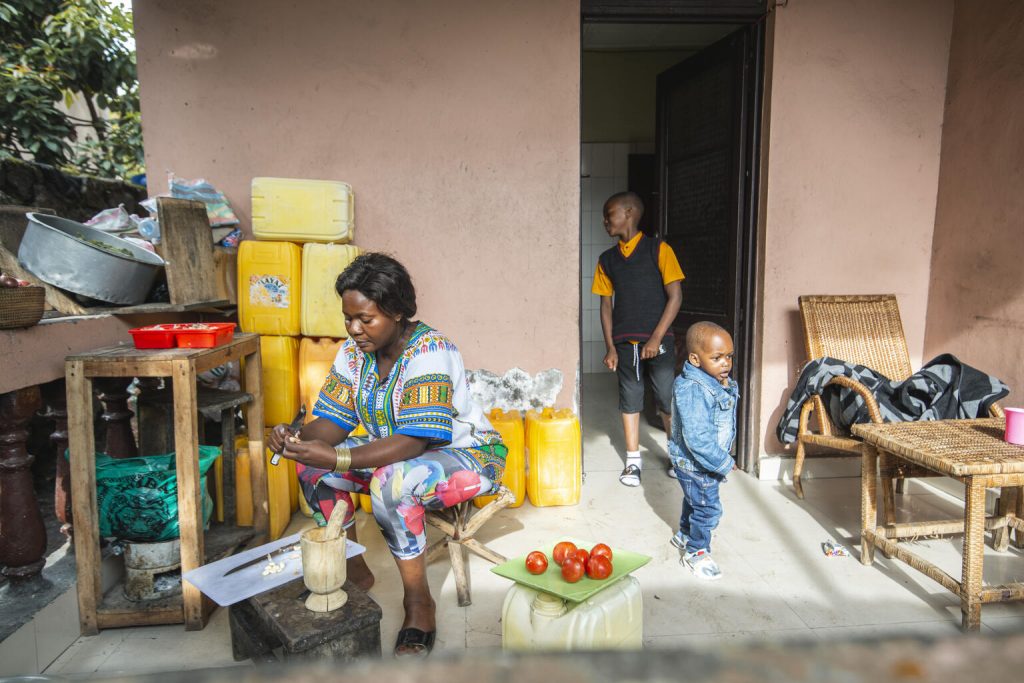
In North Kivu, 58,000 vaccines have been received through the COVAX Facility, with UNICEF teams working hard to deliver them across the community. This has only been possible thanks to the great support of our donors.
The Philippines
In the Philippines, healthcare workers received their first vaccinations against the coronavirus in March. Kareen Mae Abalahin, 32, a nurse working in the isolation and ICU wards of Dr. Jose Fabella Memorial Hospital, felt relief as she received her vaccine.
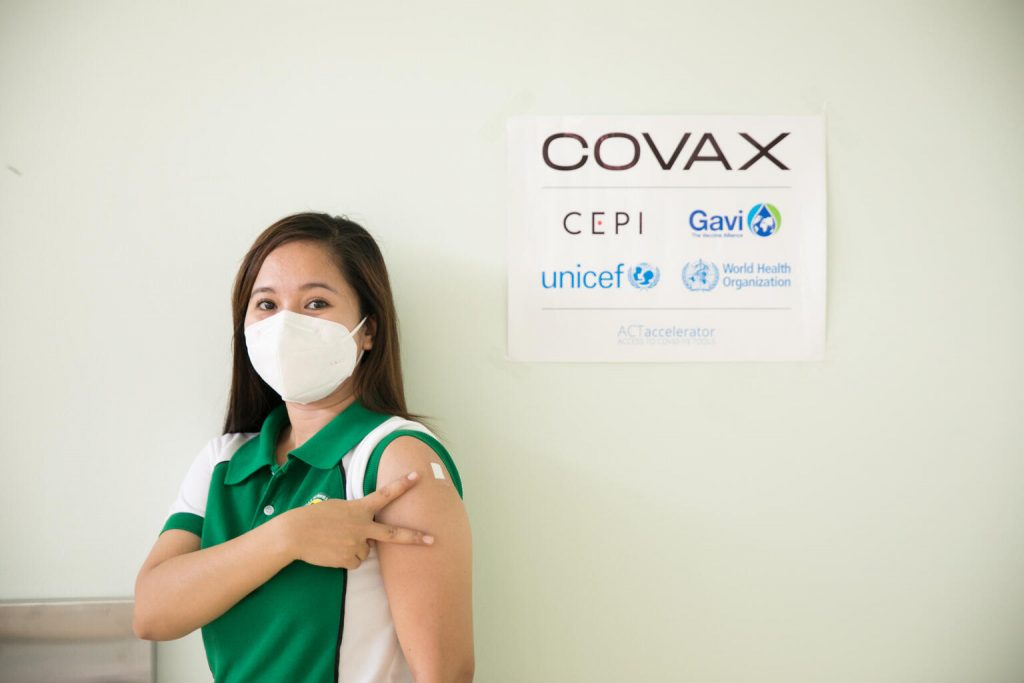
“Because we have this vaccine now, we feel fully protected when we go on duty. I feel hopeful that this pandemic will end soon and that I can finally go home to my 3-year-old son and husband and hug them, kiss them. That’s the advantage I feel with this vaccine as a healthcare worker.”
For Kareen, her vaccination means that she is better prepared to help her patients. “As health workers, we must not be the carrier, we must be the one protecting patients. We must not get infected so that we can continue our service as healthcare workers.”
Nepal
In the remote far-west of Nepal, 32-year-old Birma Devi Kunwar delivers COVID-19 vaccines across the region. She must travel long distances to reach the Pipalchauri Health Post where the vaccines are distributed to priority groups, including persons with disability.
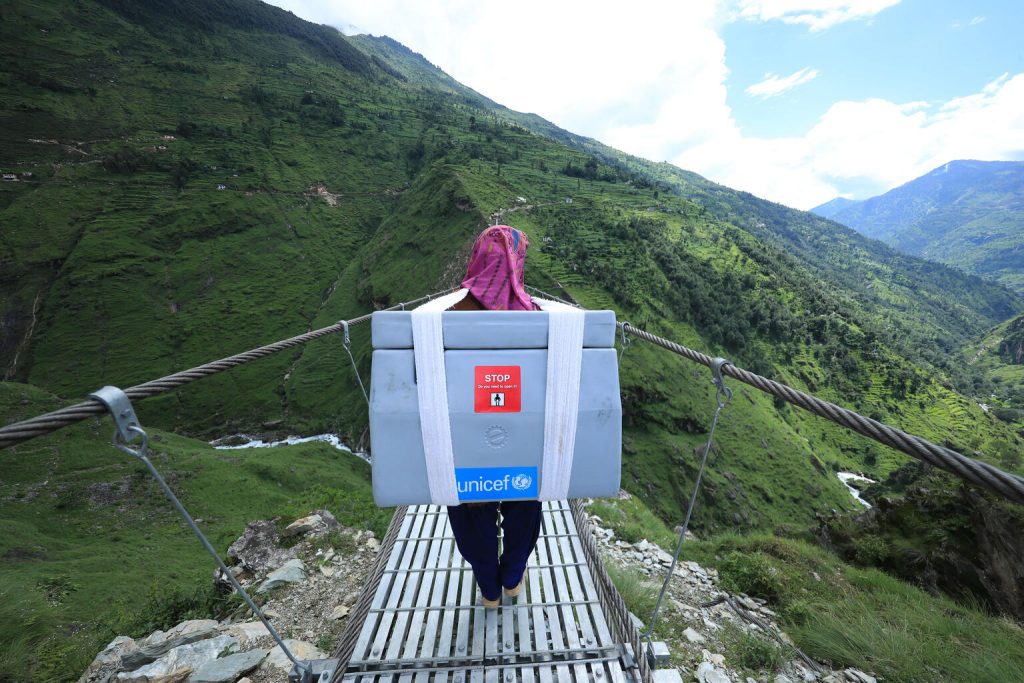
Her journey to the health post is difficult but she is happy to play her part in ending the pandemic. “This has been a hard time for everyone,” she says, talking about her adolescent son who hasn’t been able to return to school, and her husband, currently working in India to earn for the family.
“We all want this to be over and to return to normal. I’m glad to be helping in that in my own way.”
The vaccines she carries will reach people like Dila Prasad Bhatta – who was born with a physical disability – at his home in Duhun in Darchula District. Over 1.5 million doses of the single-shot Johnson & Johnson COVID-19 vaccines were made available in Nepal through the COVAX Facility
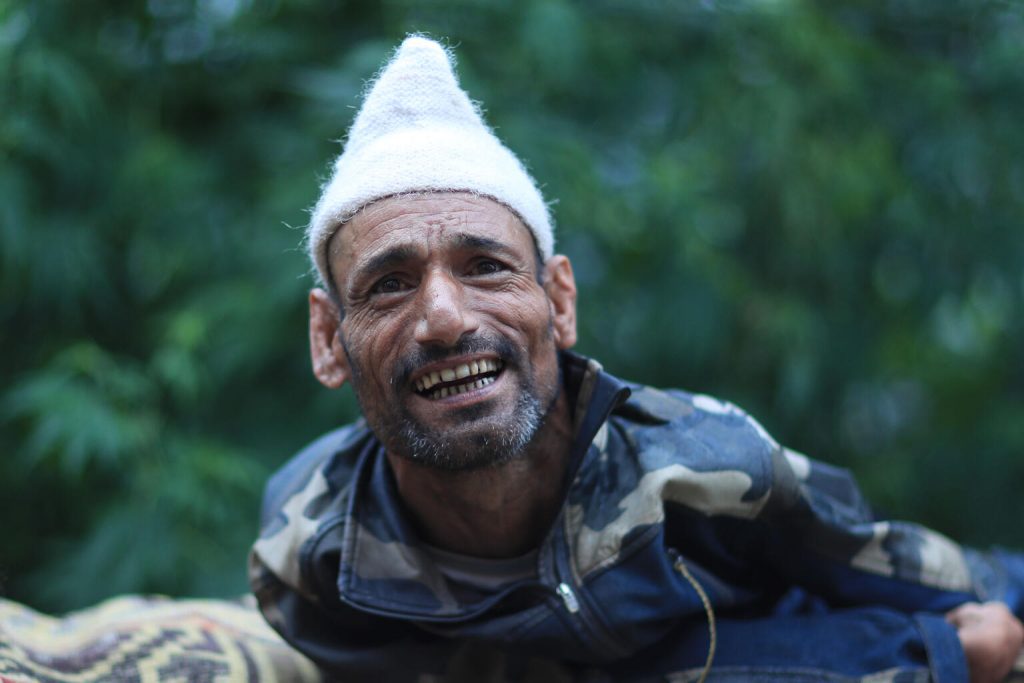
In Ireland, over €5 million was raised for our ‘Get a Vaccine, Give a Vaccine’ campaign this summer, resulting in 2 million vaccine doses being procured for communities like those in the DRC, Nepal or the Philippines.
It is only with the generous support of our donors that UNICEF can make sure that there is equal access to vaccines around the world.

